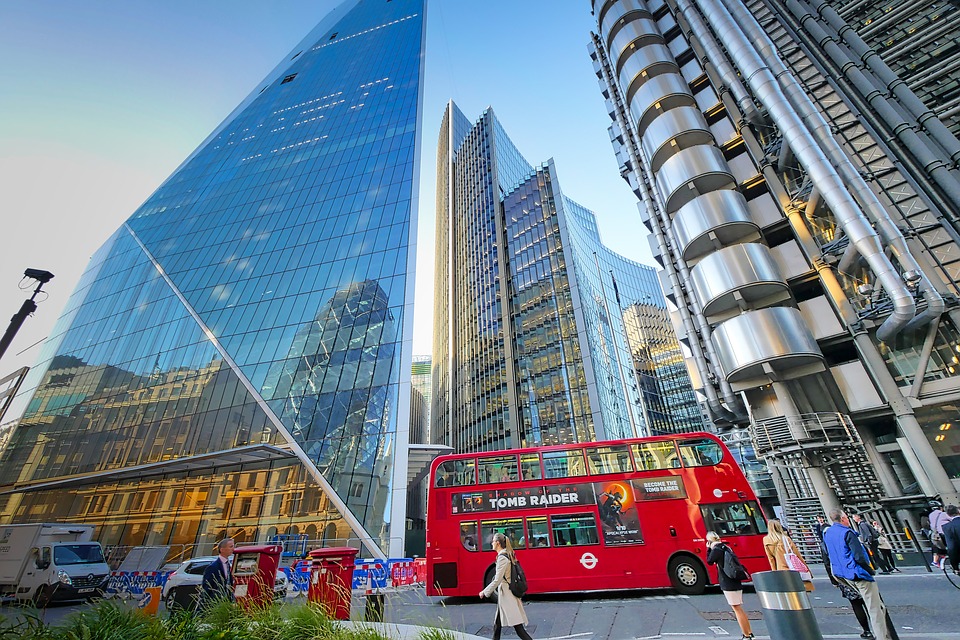UK economy shrank by 9.9% in 2020, the worst annual slump on record amid the Covid-19 pandemic, according to official data released on Friday.
The contraction in 2020 “was more than twice as much as the previous largest annual fall on record” said the Office for National Statistics. It was the biggest fall in annual GDP since the ‘Great Frost’ of 1709, when the economy shrank by 13%.
In December, the economy grew by 1.2%, after shrinking by 2.3% in November, which the ONS said was due to the loosening of some coronavirus lockdown restrictions. It also meant that the UK avoided a “douple dip” recession for the time being.
A double-dip is when the economy briefly recovers from recession, only to quickly sink back, while a recession is generally measured as two consecutive quarters of contraction.
Fourth quarter gross domestic product (GDP) grew by an estimated 1%, following revised 16.1% growth in the previous three months. However , despite two consecutive quarters of growth, GDP is 7.8 below the final quarter of 2019.
The ONS reported increases in services, production and construction output in the final quarter, although the output in these sectors was lower year on year.
Britain has reported Europe’s highest death toll from coronavirus and is among the world’s highest in terms of deaths per head of population as the government struggles to come up with a coherent strategy to combat the pandemic.
To find out more about how we can assist you with your Second Charge Mortgage please click here
UK IS G7’S ‘LAGGARD’
“The UK economy remained the laggard in the G7 in Q4, with GDP still some 7.8% below its pre-Covid peak. By contrast, GDP in the US was only 2.5% below its Q4 2019 level, Germany was down only 3.9%, France 5.0% and Italy 6.6%,” said Samuel Tombs at Pantheon Economics.
“The UK’s underperformance can’t simply be attributed to the different way the ONS measures government expenditure to most other countries; indeed, it rose by 6.4% quarter on quarter in Q4. Instead, pronounced weakness in households’ spending once again has been the root cause.”
Tombs said real household spending in the fourth quarter was 8.4% below its peak in the corresponding three months of 2019, following a further 0.2% quarter-on-quarter decline, greatly exceeding shortfalls of 2.6% in the US and 6.8% in France.
He added that governments abroad had done more to boost consumption; citing Germany’s across-the-board VAT cut in the second half of last year, and stimulus checks for US households.
“The UK government’s two main initiatives—the Coronavirus Job Retention Scheme and the Self-Employment Income Support Scheme—have focussed on bolstering incomes, not spending, and were extended only at the last minute in the fourth quarter, leading many households to save more than if they had known government support would be ongoing.”
“The modest pick-up in GDP in December is a dead cat bounce; the economy has started 2021 on a very weak footing, due to the third lockdown. We look for a 5% month-to-month decline in GDP in January and a 3.5% quarter-on-quarter drop in Q1 as a whole.”
By Frank Prenesti
Source: ShareCast
Discover our Second Charge Mortgage Broker services.

